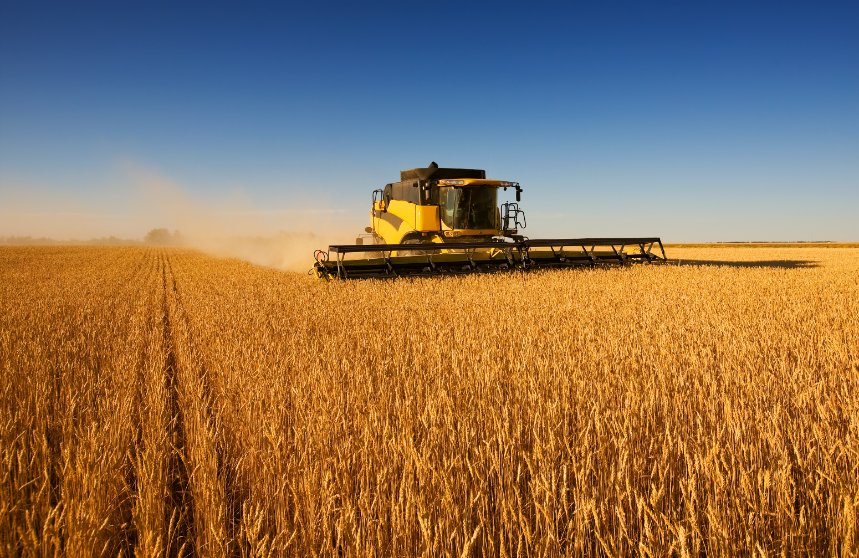
Heatwave conditions could spell financial ruin for farmers if they are not protected against fire risk, an insurance expert has warned.
The potential for outbreaks has been heightened by this week's high temperatures, and the importance of thorough safety checks has been stressed.
One of the main causes of agricultural fires at this time of year is combine harvesters, and farmers are being told that they should be a notable focus of attention.
Every year, fires caused by harvesters devastate crops, costing farmers thousands. This month alone they have already been responsible for a number of significant blazes.
Accumulated dust and chaff in the machinery, along with electrical wires in close proximity to fuel, are a constant risk.
Rupert Wailes-Fairbairn, of Lycetts insurance broker said: "When you factor in the tinder dry conditions we are currently experiencing, this risk intensifies. In one recent case, it was overheated bearings that proved incendiary.
“Combines go from many months of inactivity to intense use. It is therefore vital they undergo careful inspections and stringent maintenance checks, in addition to being regularly cleaned and tested.”
Other recommendations include using a compressor to blow away debris, keeping a fire extinguisher on the combine, using water bowsers when harvesting and cleaning equipment at the end of each day.
Mirrors on stationary equipment can cause fires, so farmers are being told that care should be taken to keep them out of sunlight.
And it is also sensible to have a communication system in place so remote workers can be contacted in the event of a fire.
The What3Words app, for example, can help emergency services pinpoint precise locations in farm fields.
“Fires can cause severe disruption at one of the busiest times of the farming year and, in some cases, even destroy livelihoods," Mr Wailes-Fairbairn added.
“In addition to the risk to life, crops and machinery – new combines can cost more than £500,000 – wildfire can spread rapidly to farm buildings, homes and storage facilities.
"Leaving aside the cost and disruption to the business, of equal concern is the long waiting list for new equipment should a combine have to be replaced at short notice."
Safe storage can significantly reduce fire risk and farmers should comply with the stack and distance limits specified by their insurer.
Splitting stacks and keeping them in different locations is a sensible precaution, Mr Wailes-Fairburn explained.
"Farm combined policies will cover damage caused to a farmer’s own buildings by spreading wildfire, and Public Liability will provide protection if a fire spreads from a farmer’s land to a neighbour’s.
“It is essential the value of cereal crops is reviewed as they are being put into store. Commodity prices have recently been 50% higher than this time last year with prices fluctuating dramatically, so it is imperative that the sums insured are adequate.
“Produce needed to feed livestock throughout the winter is expensive to replace and, once again, farmers should ensure they have sufficient insurance in place for this eventuality.”
